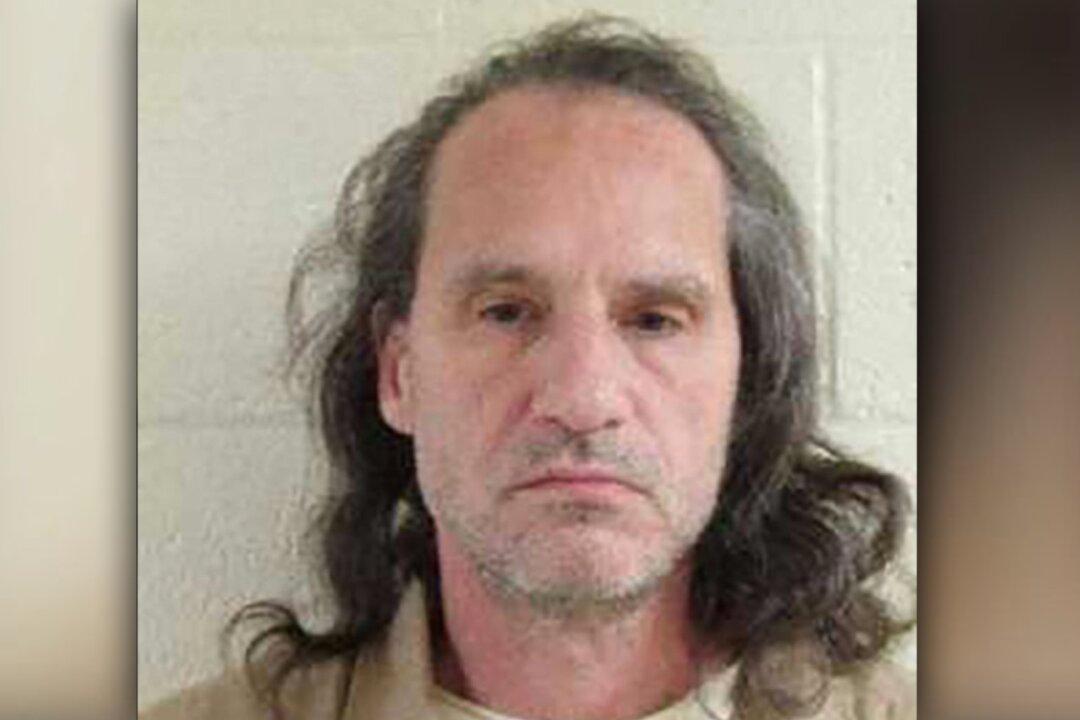Just two days after being released from jail, a Seattle man with over 70 prior convictions, including 14 for assault, was arrested for hurling coffee at a baby.
Francisco Calderon allegedly threw the liquid at the 2-year-old child on July 20, following his release from jail after serving 8 months for randomly punching a man, Fox reported.





